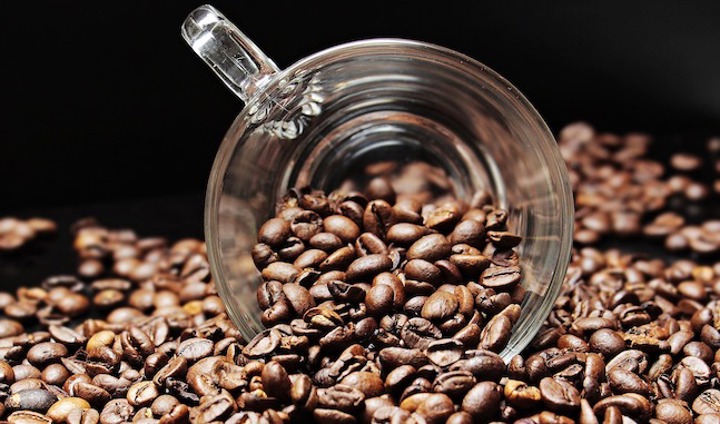The circular economy connects firms within and across supply chains, so the waste of one organization becomes the feedstock for another. It is the embodiment of sustainable development, because business production and consumption are contained within the Earth’s planetary limits.
However, implementing the circular economy is tough. It requires businesses to recognize economic opportunities related to waste. It then requires to act collaboratively to innovate products, processes and supply chains that extract and capture value from waste.
The Circular Economy Lab identifies, examines and facilitates waste repurposing exchanges between businesses through research, to understand the components required for long-term change in business practice and the economy at large. This research considers cognitive, operational, organizational and regulatory factors enabling or constraining circularity across businesses. Further, through life cycle assessment, the research also quantifies the extent to which B2B repurposing exchanges abate carbon emissions and, as a consequence, mitigate Climate Change.
Our research program primarily focuses on organic waste streams, particularly Food Loss and Waste (FLW). Only 40% of food produced in Canada is currently consumed (35 million tonnes of FLW every year!), with 68% of FWL happening upstream in the supply chain, at farming, processing, and manufacturing levels. Our research program explores how businesses can discover and implement higher order value applications for this incredible amount of FLW.
Featured Reports
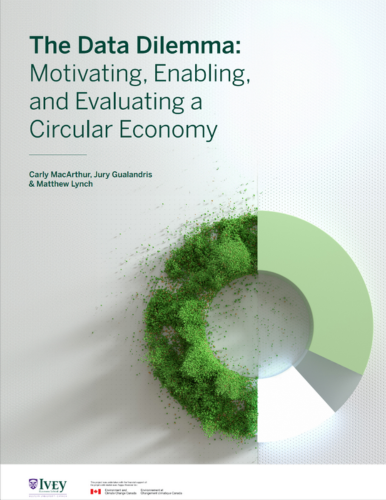
The circular economy represents an opportunity space for business, offering alternative ways of creating and capturing value. Yet, the global economy is currently only 6.9% circular and moving backwards. Why is the uptake of the circular economy still at an overall low? Since data is repeatedly identified as a critical barrier, research from the Ivey Centre for Building Sustainable Value, with support from Environment and Climate Change Canada, sought to identify what types of data are needed and for what purpose. The Data Dilemma: Motivating, Enabling and Evaluating a Circular Economy offers a framework for understanding circularity data that details its importance in motivating, evaluating and enabling a circular transition.
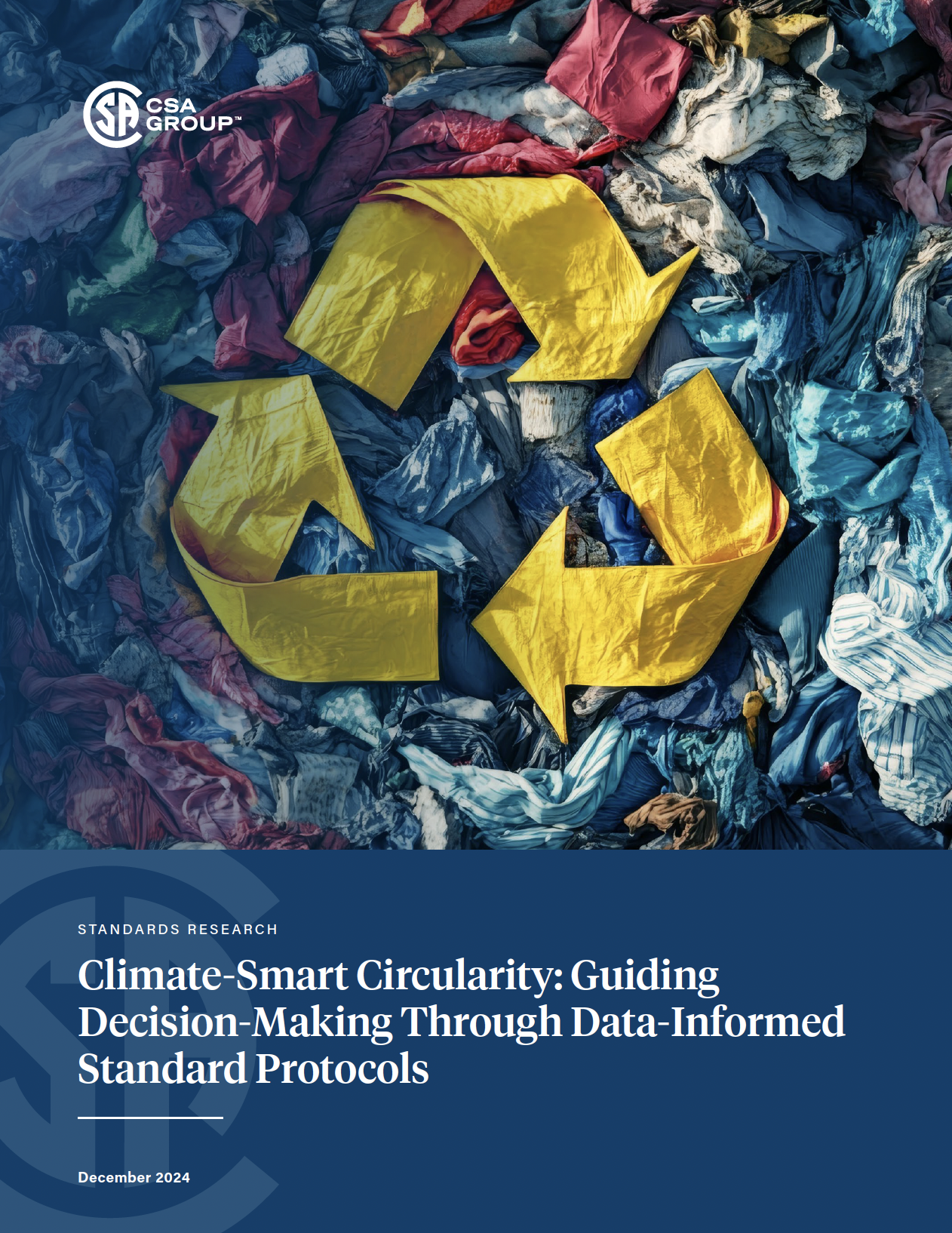
In the Climate-Smart Circularity: Guiding Decision-Making Through Data-Informed Standard Protocols report by CSA Group, Ivey researchers Sourabh Jain and Jury Gualandris explore the environmental effectiveness of various circular pathways across three industries. The report finds that while we assume reusing, recycling, and repurposing materials produces fewer emissions than using virgin materials, the design of such pathways is key to getting it right. This research, an important part of BSV's portfolio of work on circularity, will help guide the development of evidence-based standards for an effective circular economy.
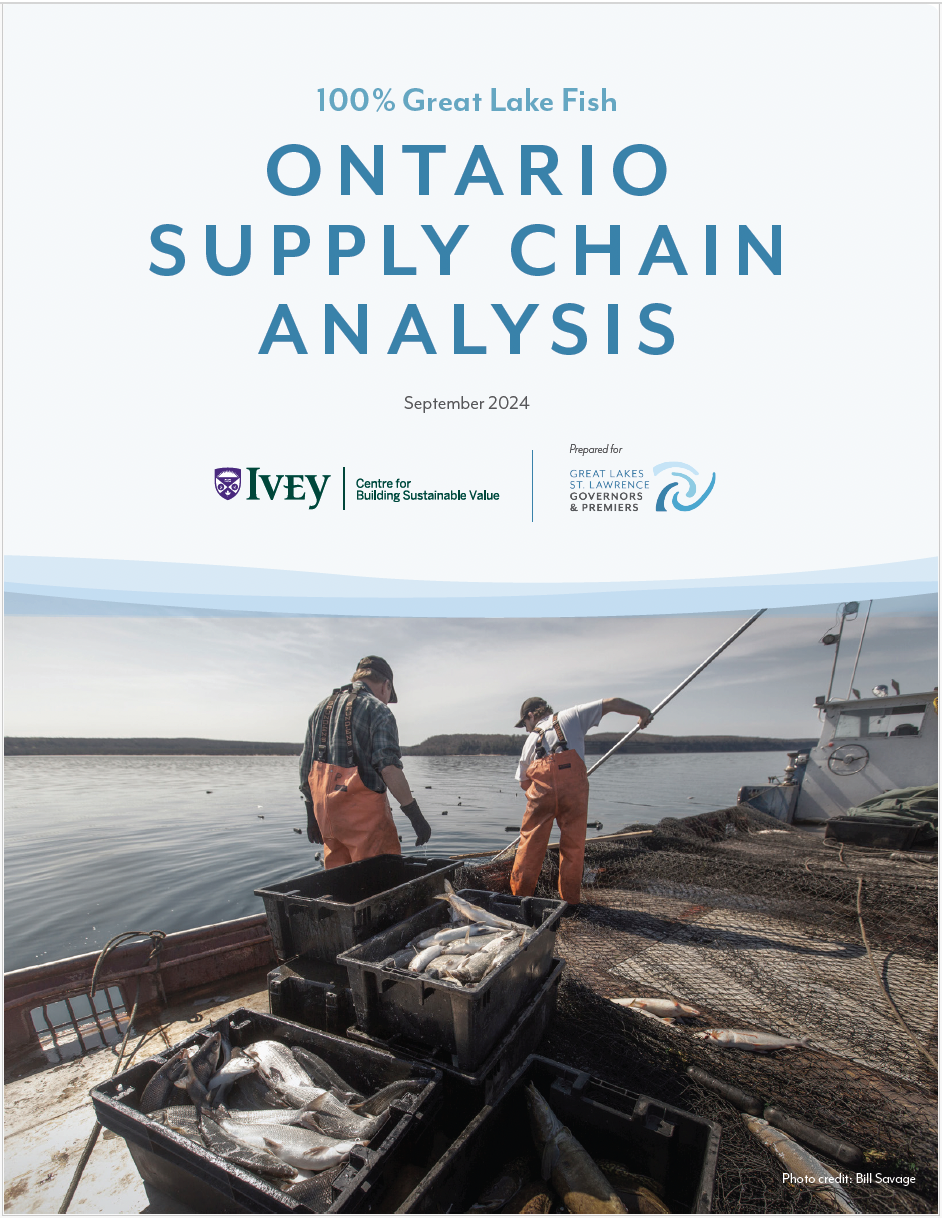
Forget fillet-only fishing. The 100% Great Lake Fish: Ontario Supply Chain Analysis joint report with the Great Lakes and St. Lawrence Governors and Premiers (GSGP) analyzes Ontario fish supply chains and operations. The report, contributing to GSGP's 100% Great Lakes Fish initiative, explores the hidden value of underutilized byproducts from local Walleye and Yellow Perch catch, providing recommendations on how the industry can curb materials waste and create additional value by using more of every fish.
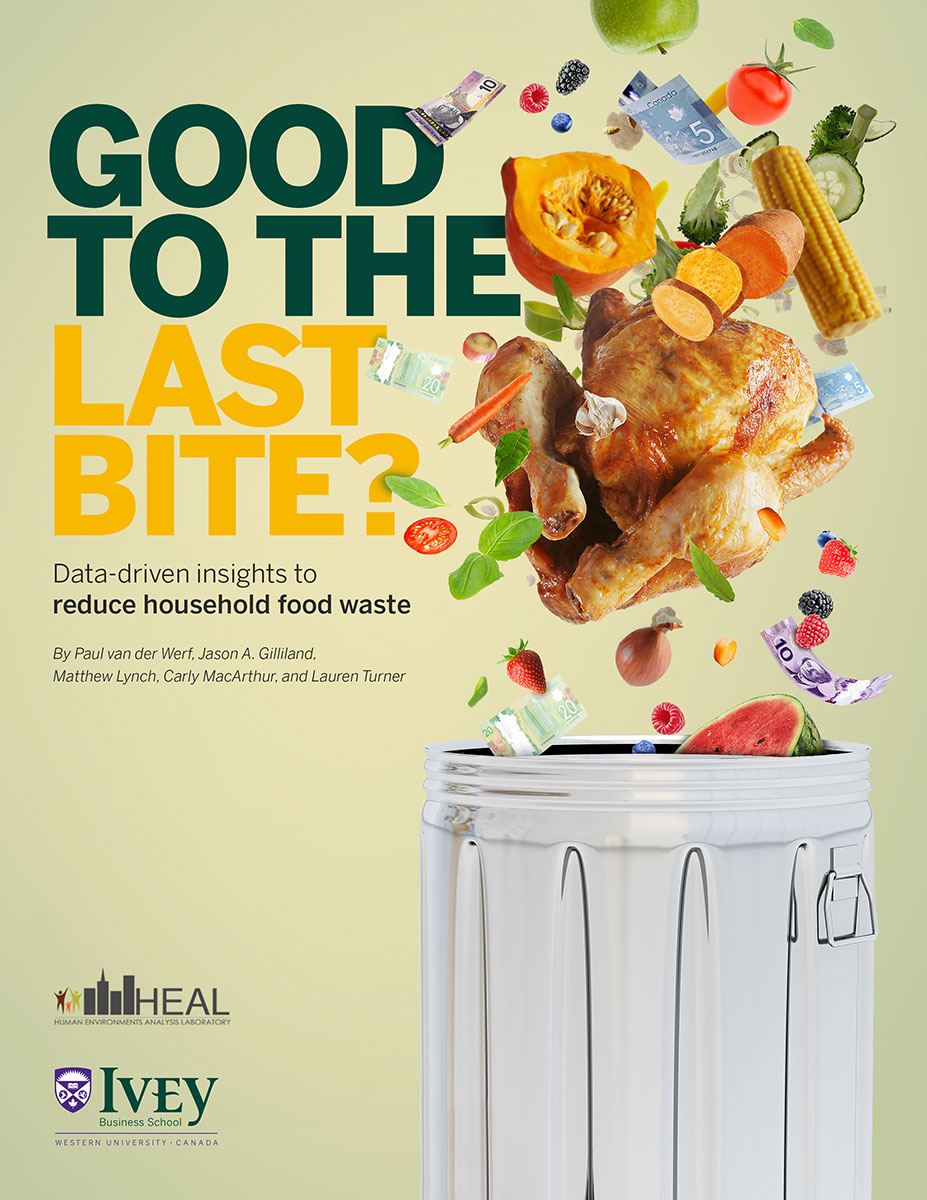
Did you know that Canadian households throw out $1800 of avoidable food waste each year? Throwing food away at home doesn’t only waste money, it has enormous environmental and social impacts. The Good to the Last Bite: Data Driven Insights to Reduce Household Food Waste report from the Ivey Centre for Building Sustainable Value and Western’s Human Environments Analysis Laboratory, presents a research-driven model of food wasting behaviour that guides simple interventions for sustained reductions in household food waste generation.
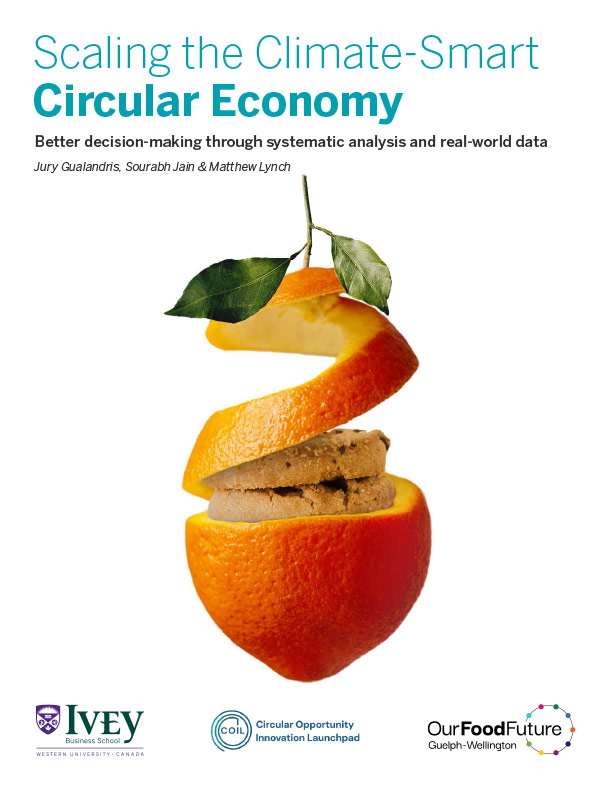
The circular economy can be a key approach for reducing greenhouse gas emissions, and will be an important strategy for Canada to meet its 2030 Emissions Reduction Plan. This especially applies in the agri-food sector. The big question for businesses and policy-makers: what are the best solutions and policies that optimize the use of resources to aggressively reduce carbon emissions? The landmark study, Scaling the Climate-Smart Circular Economy, tackled this question through examining two Canadian “hot spots” for circular innovation in the agri-food sector - the Guelph-Wellington (Ontario) and Montreal (Quebec) regions.
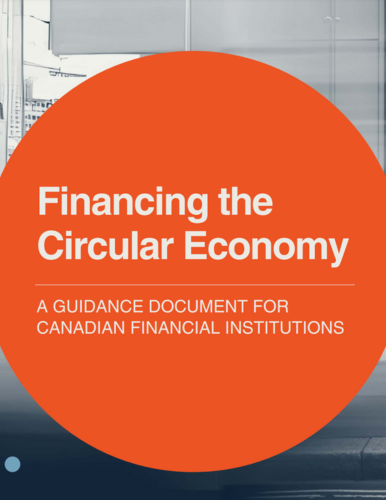
How do we scale investment in the accelerating the growth of the circular economy in Canada? The Ivey Centre for Building Sustainable Value collaborated with Circular Economy Leadership Canada, United Nations Environment Programme Finance Initiative and some of Canada's leading financial institutions, including Scotiabank, TD Bank, and Desjardins, to provide practical guidance on financing circularity. Financing the Circular Economy: A Guidance Document for Canadian Financial Institutions contributes to the development of sustainable finance and investment taxonomies by offering clear definitions for the circular economy. Taxonomies creating clarity and confidence in sustainable investments and for attracting capital into low-carbon transition projects and priorities.
Circular Leadership Program
The Circular Leadership Program (CLP) is an innovative leadership development initiative developed by the Circular Economy Lab, Innovation North and the Circular Opportunity Innovation Launchpad (COIL), an innovation platform aimed at scaling transformative solutions for the circular economy in Canada.
This year, a cohort of 19 companies worked to develop circular business innovations that are technically feasible, economically viable, and ecologically impactful. The group had the opportunity to pitch their innovations for funding at the end of the program.
The initiative combines teaching with applied research. Faculty teach systems thinking tools to a group of managers from small and medium sized enterprises (SMEs). Following the program, applied research will be used to explore how effectively the intervention helped managers expand their cognitive complexity and develop circular solutions.
The group's curriculum was informed by Innovation North's Compass and research from the Circular Economy Lab.
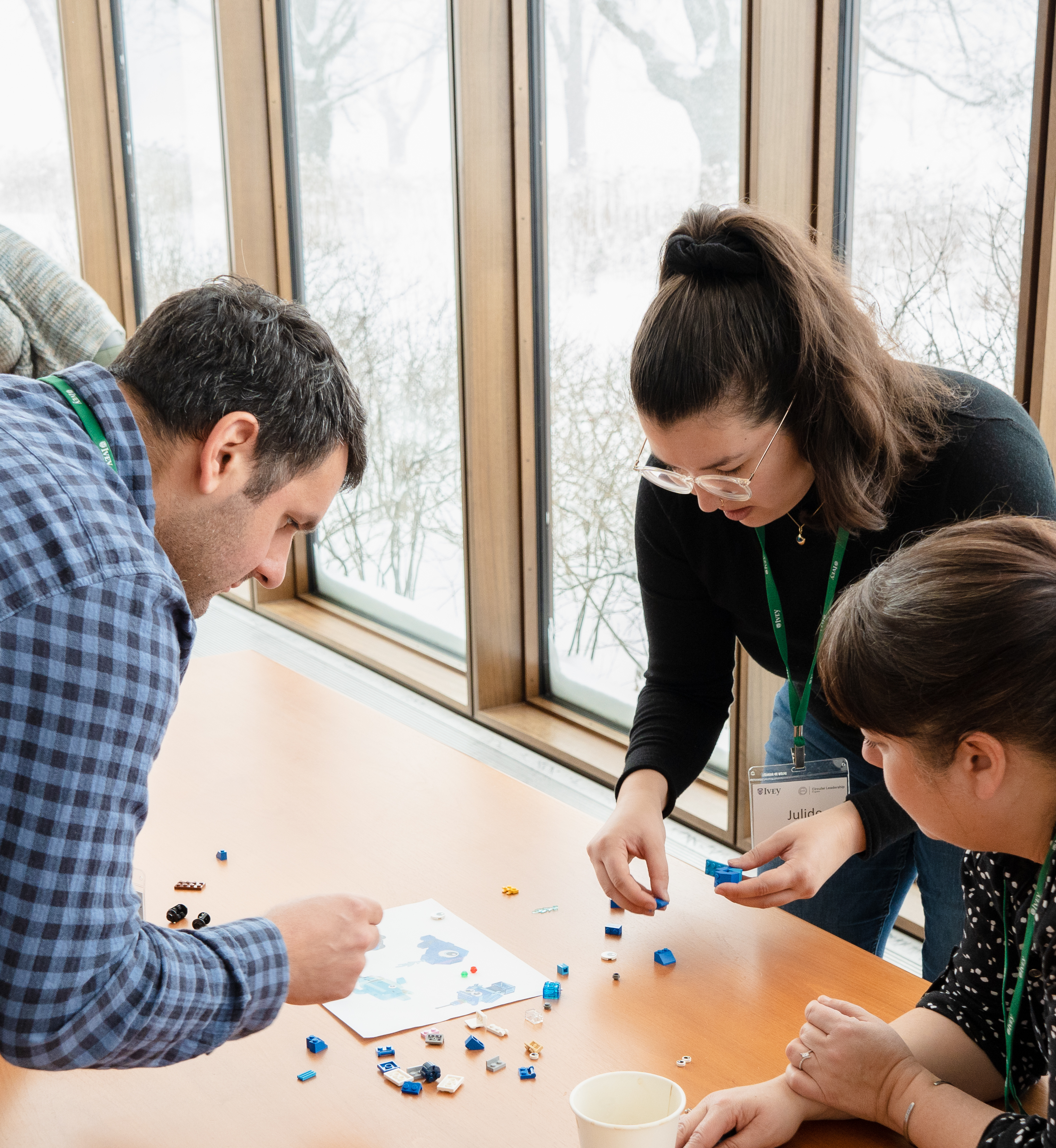
Mapping the circular economy
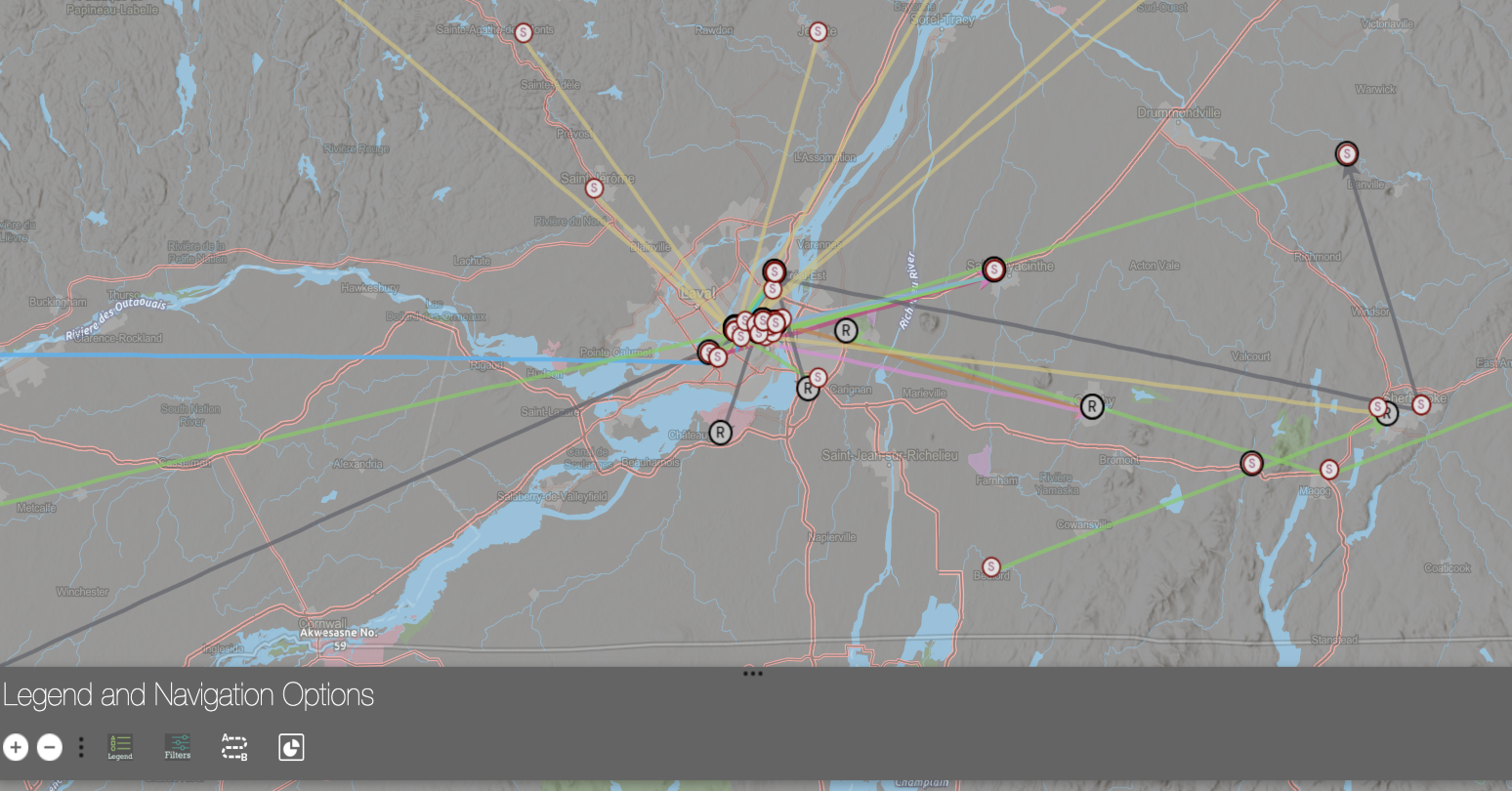
Interactive map of the repository of FLW repurposing exchanges that cut across Canadian provinces and Industrial sectors
Click on the map to zoom in and out to analyze specific material streams, waste categories and temporal brackets, thus fostering your understanding of how the emergent circular economy for FLW develops and functions.
Do you know about existing or developing B2B repurposing exchanges for FLW? Complete our short survey here, which takes less than one minute.
Get Involved
Interested in learning more about the circular economy or how you can improve your operations and supply chain? We are always looking for organizations that want to achieve positive change, whether through involvement in upcoming events, consulting projects with our talented students, or sponsored research initiatives. To learn more, contact us with a brief description of what you’d like to do.
Currently, we’re working with leading organizations in the Canadian agri-food sector to identify strategies to reduce food and plastic waste and transition towards circular supply chains. If you’re in the agri-food space and would like to get involved with this initiative, contact us.
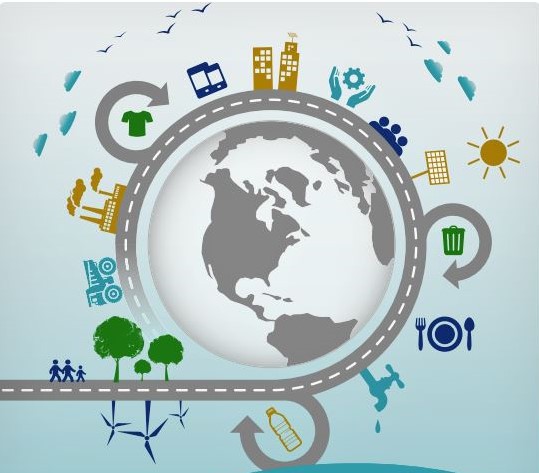
Turning Point: Advancing the Circular Economy in Canada
Professor Tima Bansal chaired a high-level interdisciplinary expert panel that examined the potential economic, environmental, and social impacts of advancing a circular economy in Canada. The panel’s flagship report – Turning Point – was published in November 2021. The panel was created by the Council of Canadian Academies (CCA), a not-for-profit organization that convenes the best experts in their respective fields to assess the evidence on complex scientific topics of public interest to inform decision-making in Canada.
For Executives & Managers
From our partnerships with industry, we know that committed business leaders are at the forefront of driving real change toward the circular economy. Below are insights and resources that can help executives and managers drive circularity in their own organizations and across their supply chains:
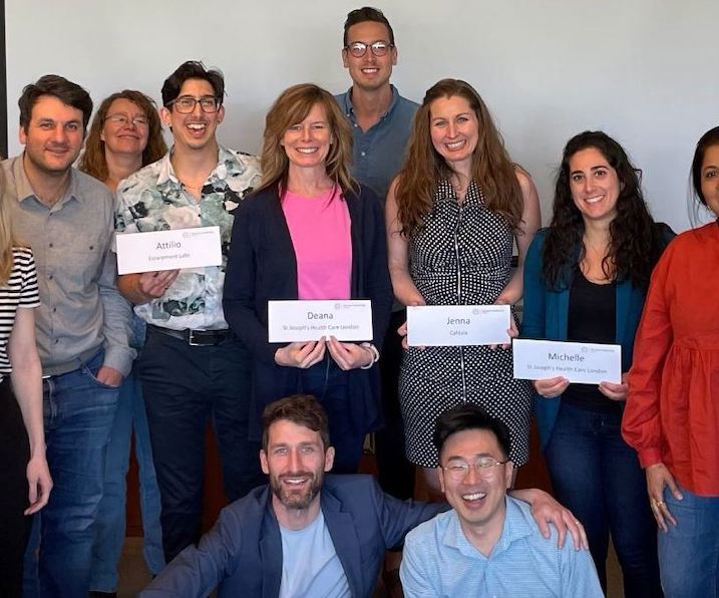
The Circular Leadership Program
Working to develop circular business innovations that are technically feasible, economically viable, and ecologically impactful, a cohort of 19 participants embarked on a five-month journey led by the Centre for Building Sustainable Value and Innovation North.
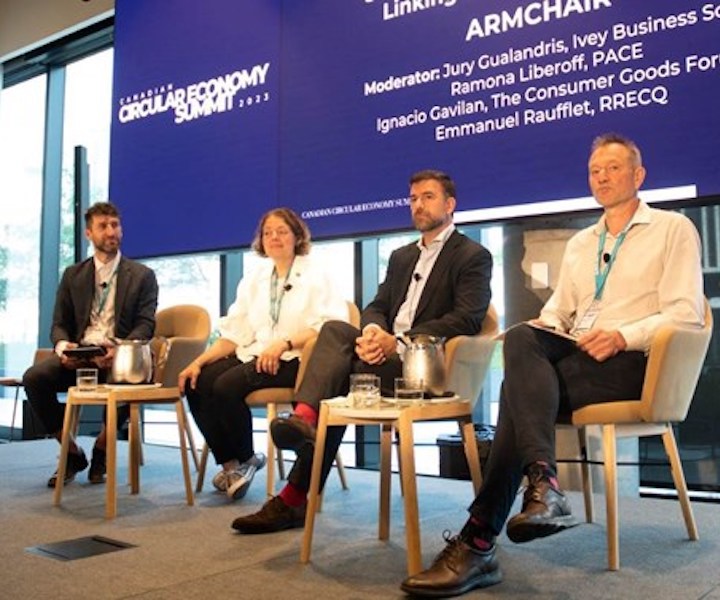
Co-organizer of Circular Economy Summit
The first Summit allowed over 400 leaders from across Canada to come together to collaborate on efforts and activities and develop an action agenda for the circular economy.

Canadian circular supply networks in the agri-food sector
A groundbreaking research project led by the Circular Economy Lab is exploring the formation of ‘circular clusters’ and their potential to reduce food waste and greenhouse gas emissions.
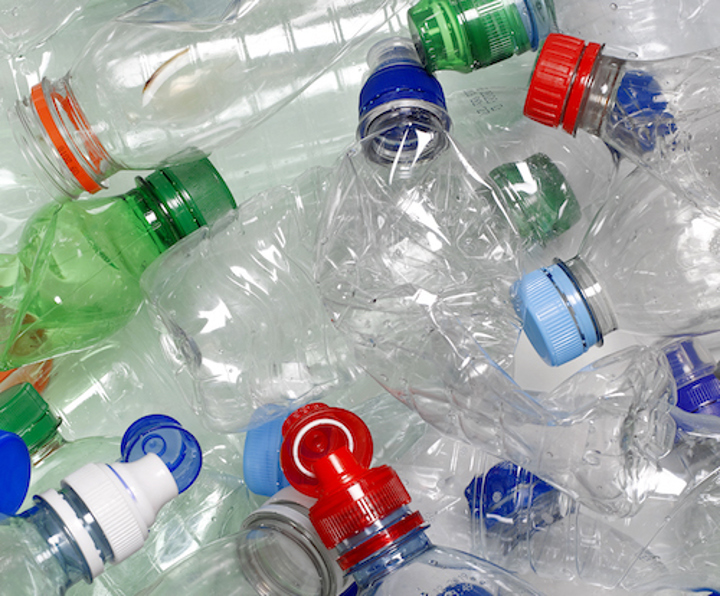
Investigating the new concept of "reverse" supply chains
Ivey's Jury Gulandris and Deishin Lee have published a new technical note on "reverse" supply chains, which take end-of-life materials and products and transform them into new products that can be used again.
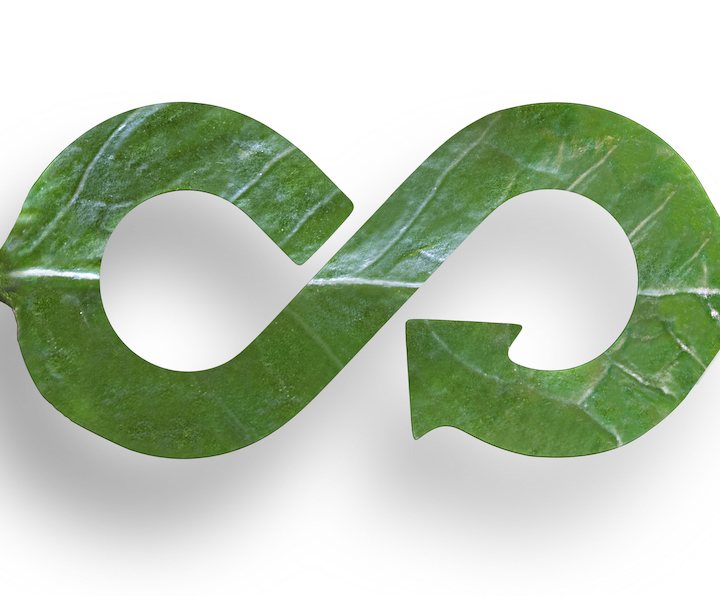
The circular economy - from big idea to transformational action
A recent webinar, hosted by the Centre for Building Sustainable Value and the Ivey Academy, convened leading change makers in Canada on how we make real progress towards the circular economy.

How to overcome circular economy challenges
Creating a circular economy requires involvement from businesses, the public sector, and researchers. Canada’s “Our Food Future” provides a model.

Could a circular economy be closer than we think?
Some estimates say that the global economy is only 9% circular. But maybe change in key parts of the system are not as hard to achieve as we think.
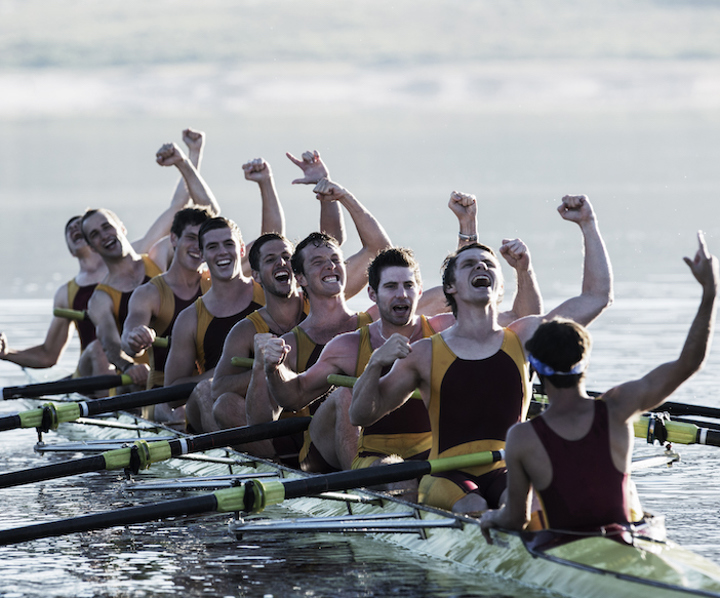
Advance supply chain sustainability through supplier development
Leaders at HP and Philips describe their approach in this Network for Business Sustainability podcast hosted by Jury Gualandris.
For Researchers
Ivey has a unique concentration of top researchers who study supply chains and sustainability. They apply a wide range of empirical and analytical research methods to investigate and understand the transformation of supply chains systems towards circularity.
Learn more about our faculty’s research:

Ivey research drives circular strategies to combat carbon emissions in Canada
Research from the Centre for Building Sustainable Value’s Circular Economy Lab was recently featured in a Canadian Climate Institute report, which highlighted its key contributions to the field of study.
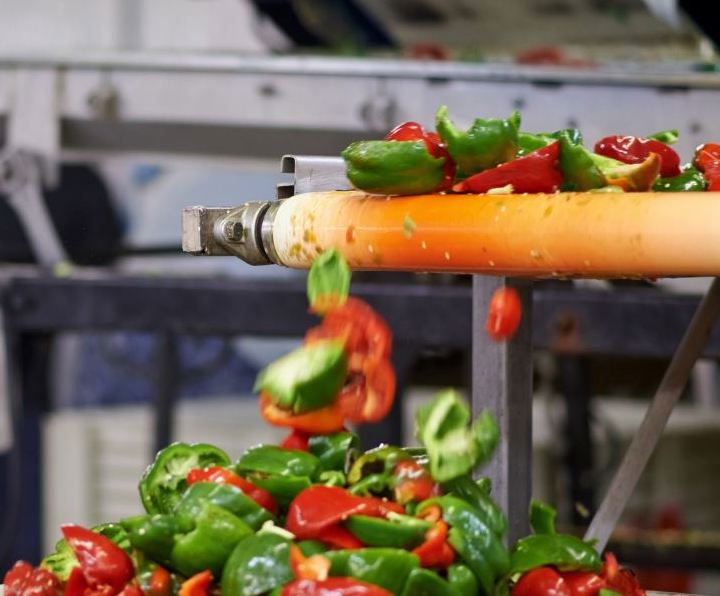
City of Guelph and Ivey join partner for the circular food economy
A partnership between Ivey and the Guelph-Wellington’s ‘Our Food Future’ project will investigate how businesses can create opportunities from waste and establish circular supply chains.
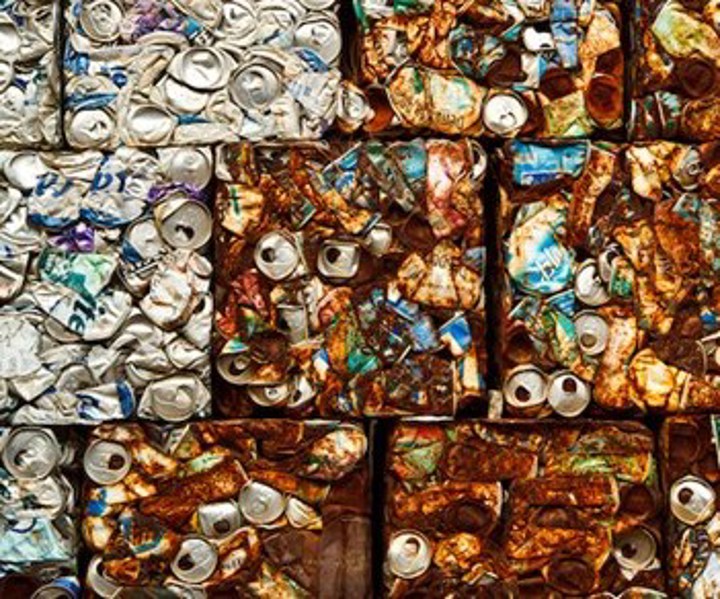
Opportunity recognition: illuminating the cash in another firm's trash
This project analyzed four firms undergoing opportunity recognition and evaluation of utilizing other firms' waste. This exploratory research presents insights on the micro-processes that enable firms to "connect the dots" to "see cash in the trash" of other firms.
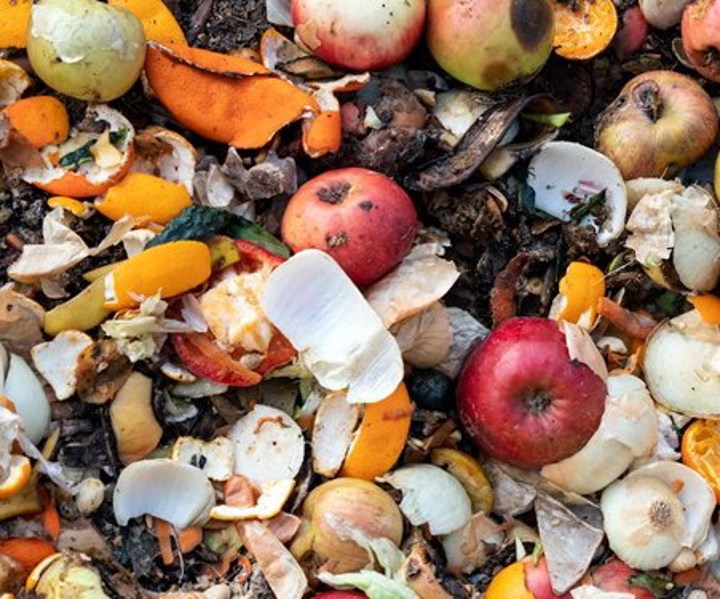
Operational agility: one man's trash can be another man's treasure
Through four case studies of firms in the agri-food industry that are exploring and implementing potential waste synergies, this paper assesses similarities and differences in their sources of external and internal variety and their achieved level of waste exchange proficiency.
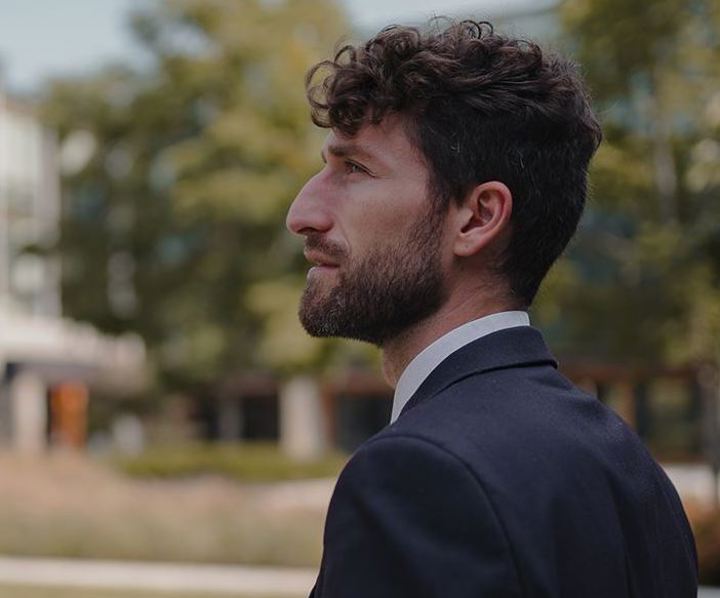
Ivey’s role in the rise of the circular economy
Assistant Professor Jury Gualandris discusses how Ivey's innovative research is contributing to the circular economy.
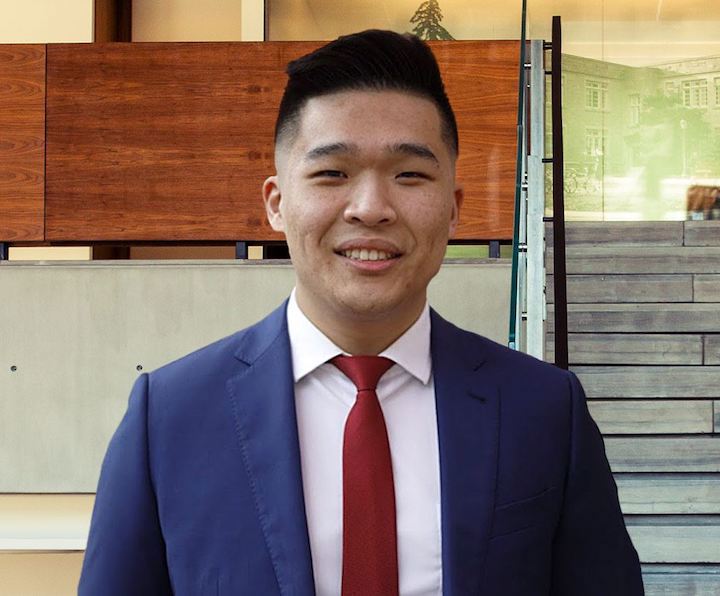
Ivey student wins global award for circular economy research
Shawn Liu, HBA ’20, was named one of 25 Global Winners in the 2020 Global Undergraduate Awards for his research on circularity in the food sector.

Ivey researchers awarded funding for the circular economy
Jury Gualandris, Deishin Lee, and PhD Candidate, William Diebel, have all received funding for their research on the circular economy and sustainable supply chains.

Using Big Data in supply chain studies
New research published in the Journal of Supply Chain Management by Tima Bansal, Jury Gualandris, and Nahyun Kim identifies the opportunity of incorporating quantitative Big Data in supply chain theory and research.
For Instructors
Ivey is well-known for its collaborative and practical case method teaching. Learning through cases challenges students to analyze information, make decisions, and defend those decisions when others may disagree.
Below are some cases related to sustainable supply chains written by Ivey faculty.

Carlsberg Group: Decarbonizing Draught Beer
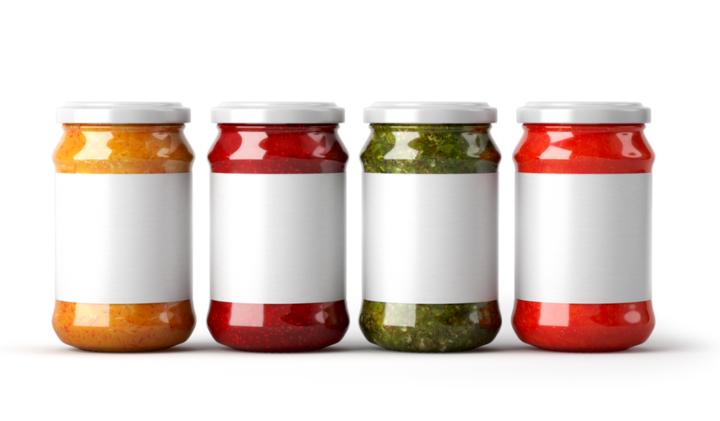
Circulr: Creating Sustainable Value from an Empty Jar
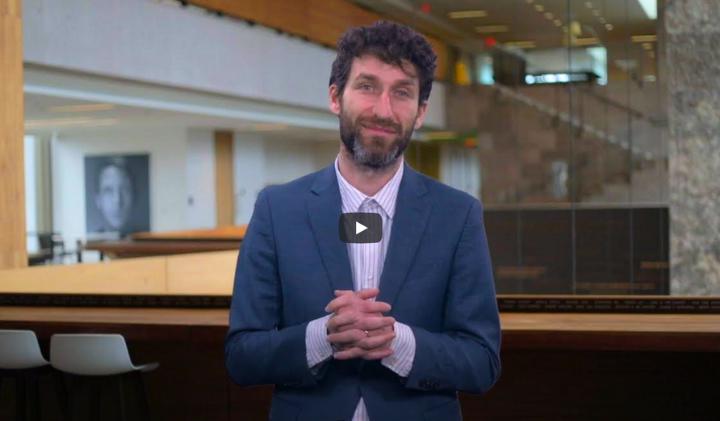
An Introduction to Circular Economy (Digital Learning Experience)
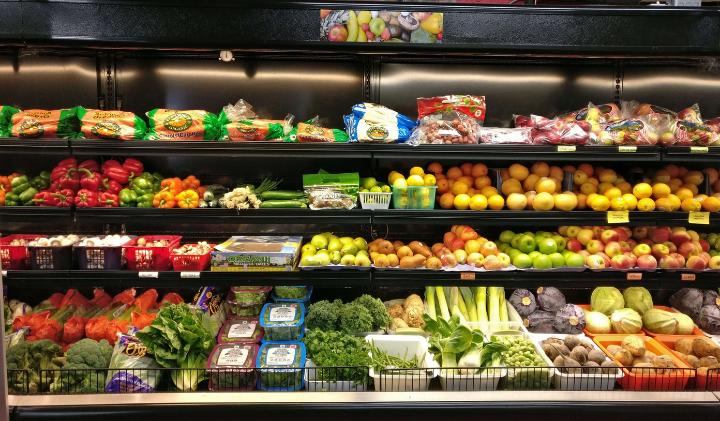
Charting a New Future for London Food Co-op
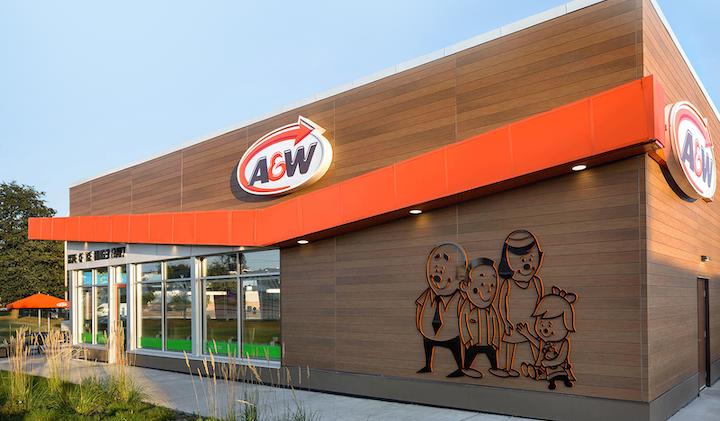
A&W Canada: Serving Great Taste with Minimal Waste

HP Canada Co.: A Circular Supply Chain for Recycled Plastic

John Deere Reman: Creating Value Through Reverse Logistics
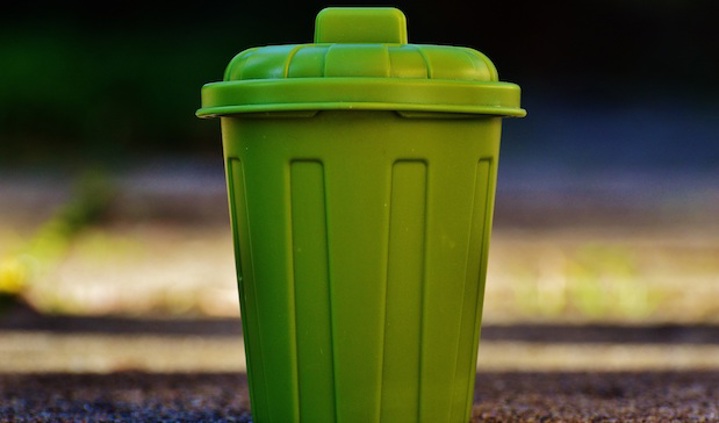
Waste Audit at Innovation Works
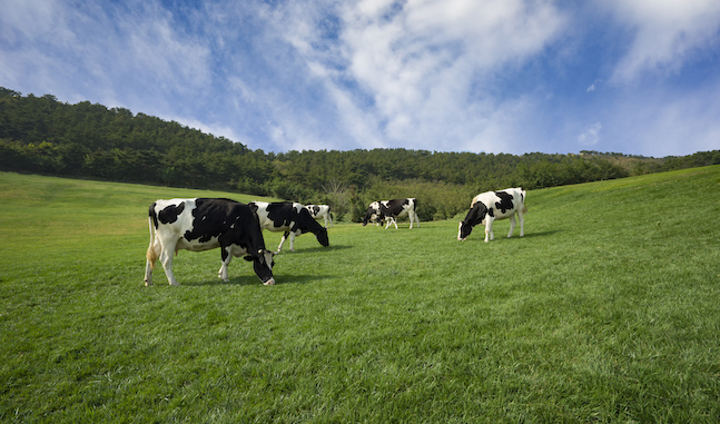
Polyface: The Farm of Many Faces

Huawei: Struggling to Develop a More Sustainable Supply Network

Cradle-to-Cradle Design at Herman Miller: Moving Toward Environmental Sustainability
